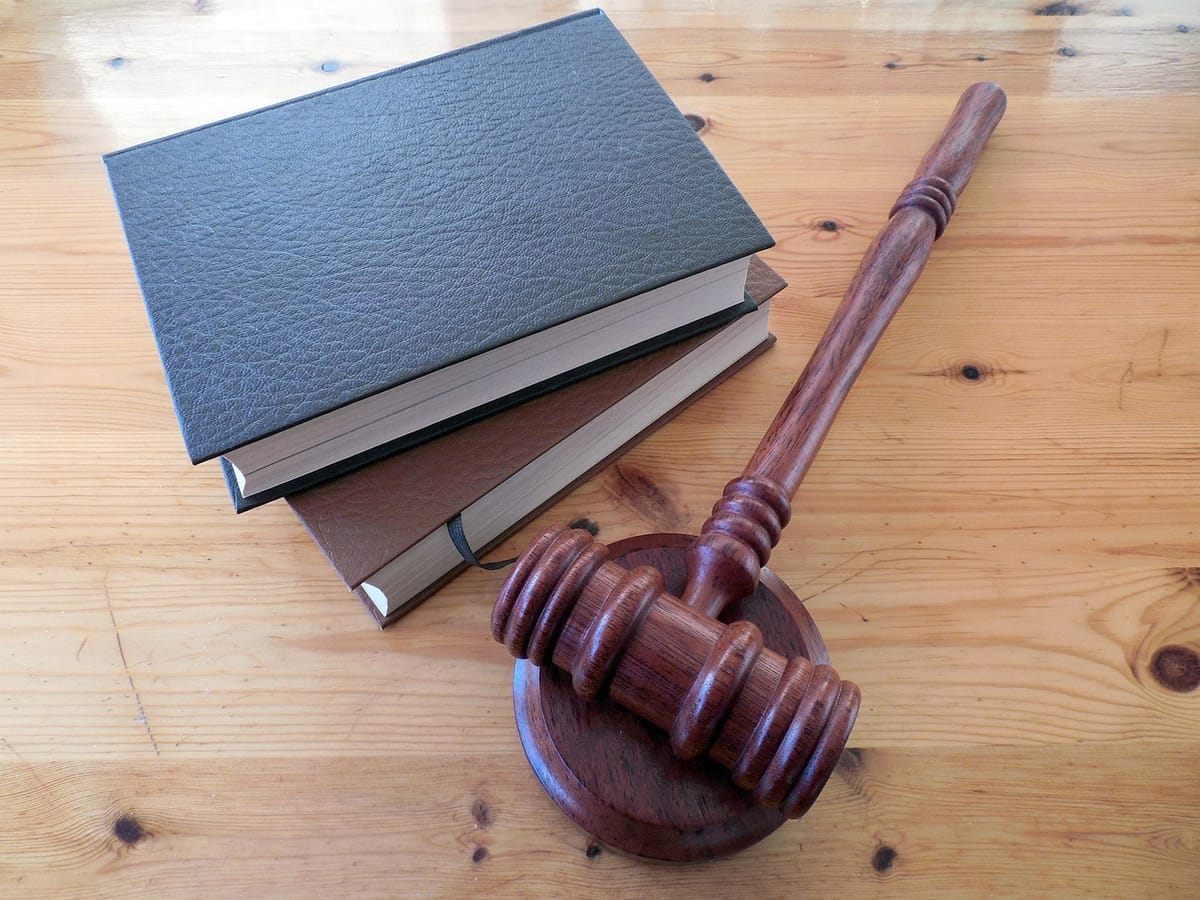National Symposium
On 19th September 2020, APNA organised a National Symposium on How to File a Public Interest Litigation (PIL), with over 330 participants nationwide.

How to File a Public Interest Litigation
On 19th September 2020, Association for Parivartan of Nation organised a National Symposium on “How to File a Public Interest Litigation (PIL)”, aimed at equipping citizens, students, and young lawyers with the knowledge to use the law as a tool for justice. The online session, conducted via Google Meet, attracted over 330 enthusiastic participants from across the country.
The symposium was led by Advocate Anup Kumar, practising at the Jharkhand High Court, Director of the Human Rights Law Network, and a founding member of Pratigya organisation. With extensive experience in filing PILs that have sought justice for underprivileged communities, his insights provided participants with both the theoretical and practical understanding of PILs.From the very beginning,
Advocate Kumar stressed the interactive nature of the discussion: “This is not a lecture, but a dialogue. The law is most powerful when we all take part in it, question it, and learn how to use it for the greater good,” he encouraged.
He explained the constitutional provisions for PILs, noting that such cases can be filed in the Supreme Court under Article 32 and in the High Courts under Article 226. While Article 32 petitions are limited to the enforcement of fundamental rights, he highlighted the broader scope of Article 226, under which High Courts can also address violations of legal rights. He further broke down the powers under Article 32(2), detailing the five writs- Habeas Corpus, Mandamus, Certiorari, Prohibition, and Quo Warranto, offering examples from landmark judgments.
A key takeaway for many participants was his clarification that “while the Supreme Court ensures the protection of fundamental rights, the High Courts play an equally vital role by ensuring both legal and fundamental rights are safeguarded.” The speaker also touched upon practical aspects of filing a PIL, including the drafting process, the possibility of dismissal or withdrawal, and the importance of ensuring that the petition genuinely serves public interest. He emphasised that ordinary citizens too hold the right to approach the courts, and urged the audience to see PILs not just as a legal tool, but as a democratic responsibility. The interactive nature of the symposium created a lively atmosphere.
“For the first time, I understood PILs not just as legal jargon, but as something I, as an ordinary citizen, can use to challenge injustice. It has inspired me to think of law as an instrument of accountability.” — X, a law student from Delhi
Local leaders and advocates who attended also noted the importance of such awareness. “Sessions like these strengthen the democratic fabric by making people aware that the law belongs to them too, not only to professionals,” said a community lawyer from Bangalore who joined the symposium. By the end of the session, participants were not only better informed about the technicalities of filing PILs, but also motivated to take up issues that affect communities around them. The symposium stood as a reminder that justice is most meaningful when citizens know how to claim it.




